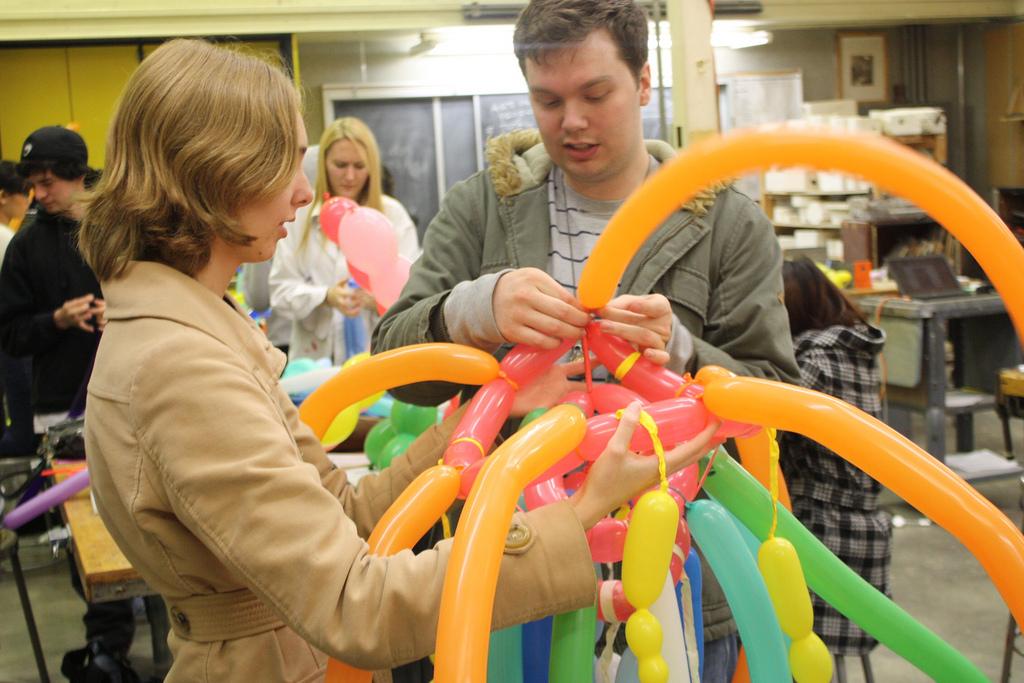Continuing budget problems for the Contra Costa Community College District and DVC have forced the school’s administration to propose a reduced course schedule for next year, heavily damaging many departments across the campus, including art, drama, horticulture, and engineering.
While planning the next year’s budget, the CCCD came up with three scenarios taking into account the possibility of Gov. Jerry Brown’s tax increase either passing or not, and whether Proposition 98 – which dedicates at least 40 percent of the state budget to K-14 education – will be suspended or not.
Chancellor Helen Benjamin said the district had chosen the in-between scenario assuming that the tax increase would fail but Proposition 98 would not be suspended, and the district would take a $15.8 million reduction.
To offset this budget cut, which is roughly equal to the losses of the last two years combined, the district’s plans involve reducing workforce, course schedules, and operating budgets, as well as consolidating and eliminating programs and services.
At DVC, this calculation means that for the school to reach its lowered budget it will have to make a 6.2 percent reduction of full-time equivalent faculty, which is the amount of faculty work-hours the school is capable of paying for.
The first attempt to address the 2011-2012 course schedule has left some programs out in the cold.
At Feb. 8 Faculty Senate meeting, several department heads expressed their concern at the choices the administration has made.
Among the programs at risk, department representatives reported that art would lose approximately 25 percent of their classes and drama 32 percent; horticulture would take a 50 percent reduction, and the choices of class cuts in engineering would effectively eliminate the engineering transfer program.
Horticulture instructor Stewart Winchester pointed out that all the at-risk classes in the horticulture program were classes required to complete certificates.
The drama department would also be taking a hard hit with the proposed schedule, losing basic acting and directing classes. “We will cease to function as a department,” said Beth McBrien, drama instructor and department chair for the performing arts. “With the level of cuts [it has received], the drama department will die within the year.”
Michele Krup, art instructor and department chair for art and photography,, said that the proposed cuts would completely eliminate the photography and print-making programs, and that all the classes in the art program in general work towards a certificate or degree. “This will no longer be the art department you know at DVC,” said Krup.
The Faculty Senate passed a resolution for more faculty involvement in the scheduling decisions, by splitting the 6.2 percent reductions in two, letting every department take a 3 percent across-the-board reduction and creating a scheduling task force drawn from both faculty and academic management to resolve where the rest of the reductions should go.
Peter Garcia, interim President of DVC, praised the resolution but also indicated that some of the conversations were naive and premature.
“You make assumptions on how to fix the schedule if the cuts aren’t as bad as they seem,” said Garcia at the close of the meeting, “but you have nothing there assuming things won’t get better.”






































































